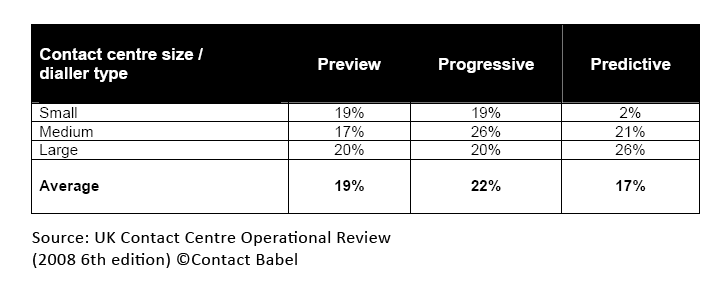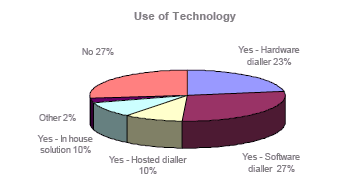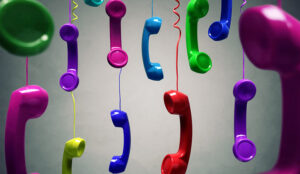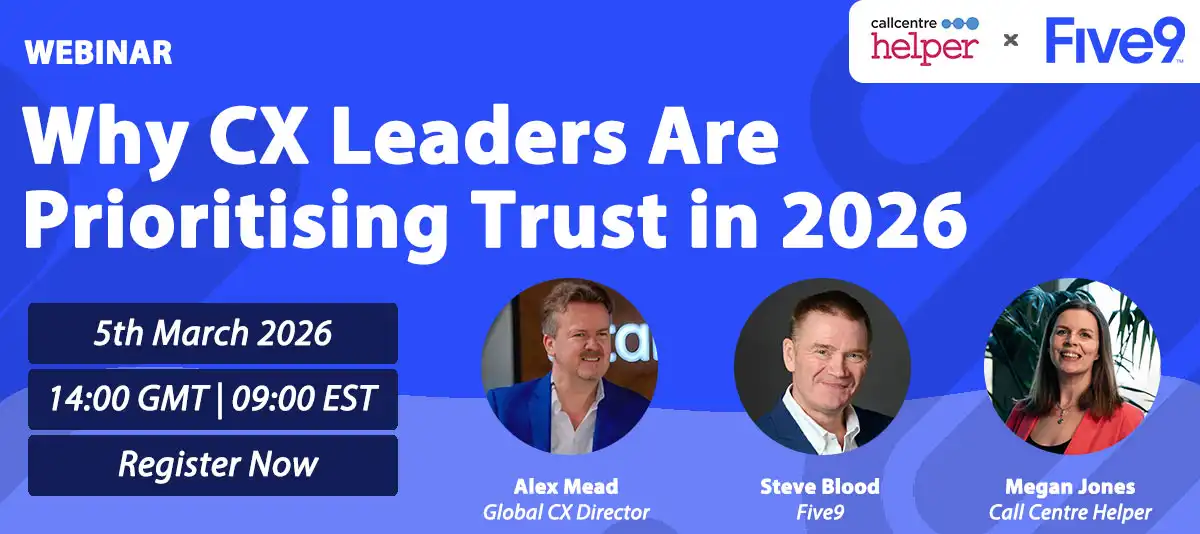When you implement an automated dialer you need to think about the different dialling modes offered and which one will work best for your campaigns.
There are 4 types of outbound dialers
1. Preview Dialer
Once an agent has indicated that they are ready for a call, information about the call is presented to them. The number is then automatically dialled after a pre-defined period; the agent is given time to preview the customer details before the call is launched.
Preview dialling is used most often in campaigns where each customer case is complex – for example collection of late debt where the agent needs to be aware of a complex case history before making the call.
2. Progressive Dialer
Progressive dialling offers similar productivity to predictive dialling whilst removing the risk of abandoned/silent calls
Once an agent has indicated that they are ready for a call, information about the call is presented to them, and the number is then dialled immediately. Call progress is monitored by the dialler technology.
Calls that do not result in ‘ringing’ are automatically and immediately disconnected, whilst ‘no answers’ are disconnected after a pre-defined number of seconds. Software call control minimises agent involvement in the dialling process and improves call-handling efficiency.
Progressive dialling is most often used in campaigns addressed to current customers where the objective is to renew or up-sell a product or service.
3. Predictive Dialer
Predictive dialling is the most productive form of dialling automation. A predictive dialler launches calls at a rate such that the system connects to ‘live’ callers as soon as an agent completes the previous transaction.
The dialling rate for each campaign is controlled by a pacing algorithm, which automatically monitors activity, and calculates when the next contact(s) should be dialled. The dialling rate is automatically adjusted to maintain a contact rate that is synchronised with operator availability.
However, it should be recognised that predictive dialling inevitably results in a small percentage of ‘abandoned calls’ – customers may receive calls when no agents are actually available. This area is highly regulated; you should be familiar with the current rules and ensure that your chosen dialler supports conformance.
Predictive dialling is most effective in campaigns that are fairly straightforward such as commodity product sales.
4. Power Dialer
Power dialling (or power dialler) is probably the dialling term that causes most confusion. Depending on who you talk to, power dialler can be used as an innocent catch-all term to cover all forms of automated dialling; but it can also apply to specific technology originally introduced in the late 1980s that simply makes large numbers of calls with little or no control.
Use of diallers by type

A study by the Professional Planning Forum (based on a smaller sample size) has shown that
- The number of companies with no outbound technology has dropped from just over a third in 2007 to just under a third in 2009 (drop of 10% in total).
- Software diallers have overtaken hardware diallers since 2007 survey – a swing of 13% in total.
- Use of Hosted diallers has stayed static

Further reading
Call centre planning tools
Contributors
- Ken Reid at Rostrvm Solutions
- Steve Morell at Contact Babel
Author: Jonty Pearce
Published On: 15th Apr 2010 - Last modified: 12th Aug 2025
Read more about - Technology, ContactBabel, Dialler, Ken Reid, Outbound, Rostrvm, The Forum















